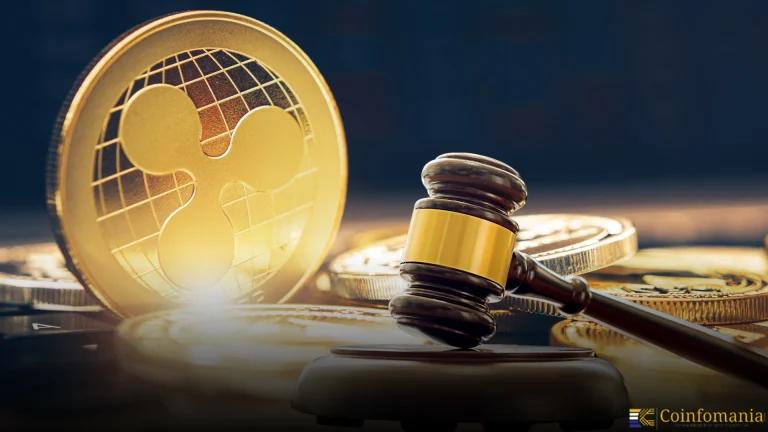Cryptocurrency Regulation in Honduras
In Honduras, informal crypto activity has thrived with remittances and trading, but regulators have become sharply restrictive. On 12 February 2024 the National Banking and Insurance Commission (CNBS) prohibited all the supervised banks and insurances to hold, invest or broker in any virtual asset that is not explicitly approved by the Central Bank of Honduras […]

In Honduras, informal crypto activity has thrived with remittances and trading, but regulators have become sharply restrictive. On 12 February 2024 the National Banking and Insurance Commission (CNBS) prohibited all the supervised banks and insurances to hold, invest or broker in any virtual asset that is not explicitly approved by the Central Bank of Honduras (BCH).
Historical Context
- 2014-2016 : There was the emergence of grassroots bitcoin meet-ups in San Pedro Sula and Tegucigalpa.
- January 2018: The BCH cautioned that crypto is not legal tender or secured by the State.
- April 2022 : The semi-autonomous zone Honduras Próspera accepted Bitcoin and other cryptocurrencies as legal tender within its territorial boundaries.
- August 2023 : The BCH launched a two-month public consultation of a retail central-bank digital currency.
- February 2024 : CNBS Resolution 003/2024 placed an absolute prohibition of crypto transactions by regulated financial institutions.
Regulatory Framework
Four agencies steer policy. CNBS issues binding circulars and can freeze accounts; BCH sets monetary policy and leads the CBDC study; the Financial Intelligence Unit enforces AML rules and mandates suspicious-activity reports for crypto-related cash above about US $10,000; the Tax Administration treats realised crypto gains as “other income” subject to rates up to 15 percent.
Honduras Crypto Policies
- Legal tender: The lempira and the foreign currencies authorised by BCH; crypto cannot be used to pay any public or private debt.
- Banking: Banks and insurers are not allowed to deal with crypto, except with special licence granted by BCH, which has not occurred.
- Peer-to-peer trading: Tokens can be held/exchanged by individuals on their own risk and there is no deposit guarantee.
- Mining: Technically not prohibited but cost of electricity is prohibitive and grid is not stable, thus mining remains small and informal.
- Exchanges: There is no local exchange that is licensed; Hondurans use offshore exchanges and Telegram/WhatsApp OTC groups.
- State pilots: In addition to the current CBDC feasibility studies, no state blockchain initiatives are underway; PrOspera Bitcoin rail is independent of national financial systems.
Crypto Innovation Approach
Programmers focus on low-bandwidth, mobile-first applications, including USSD wallets that allow stores to accept USDT on feature phones and redeem through cash at a desk carried out by a cambista. In Tegucigalpa and La Ceiba, universities are experimenting with blockchain land-registry and coffee-traceability systems in view of a prospective regulatory sandbox.
Key Challenges and Issues of Note
- A regulatory vacuum pushes legitimate start-ups into grey channels, reducing consumer protection.
- Informal OTC desks heighten exposure to scams, ransomware and money-laundering risks, feeding the CNBS clamp-down.
- Stable-coin demand competes with the lempira and complicates monetary-policy transmission.
- Frequent blackouts and patchy rural internet hamper both mining and everyday usage.
- Low financial literacy leaves users vulnerable to phishing and lost-key accidents.
Important Regulatory Trends and Prospects
- Officials inside the Secretariat of Finance are drafting a FinTech bill that would license Virtual-Asset Service Providers and impose a modest cybersecurity levy on large crypto-to-fiat conversions; public consultation is expected late 2025, though no text is yet public.
- CNBS is debating a temporary ban on paid advertising for unlicensed crypto platforms until that bill matures.
- The BCH says a limited retail-CBDC pilot could launch in 2026 if technical reviews remain favourable, focusing on low-fee remittances.
Conclusion
Honduras has also combined a prohibition by the institutions with an attitude of laissez-faire concerning individual usage of peer-to-peer, creating an ever-growing disjuncture between official policy and street reality. A regulated licensing framework may shift activity into legalized avenues and enhance integration, and long-term prohibition will likely increase the intensity of the shadow market and enervation of innovation.
FAQs
1. Is cryptocurrency legal tender in Honduras?
No, only the lempira and BCH-authorised foreign currencies count as legal tender.
Crypto payments have no statutory protection.
2. Can Hondurans lawfully own Bitcoin?
Yes, private holding and peer-to-peer trading are not prohibited.
Owners, however, receive no state guarantees.
3. Can banks offer crypto services?
No, CNBS Resolution 003/2024 blocks banks and insurers from any crypto exposure.
A waiver is possible but none has been issued.
4. Are crypto gains taxable?
Yes, realised profits fall under “other income” and face rates up to 15%.
Tax liability arises when tokens convert to fiat.
5. Is mining allowed?
Mining is not expressly banned under national law.
High power costs and outages keep the sector small.
6. What happens in Próspera’s Bitcoin zone?
Bitcoin remains local tender inside Próspera’s jurisdiction.
National banking rails still refuse those transactions.
7. Does Honduras host a licensed exchange?
No domestic exchange is authorised at present.
Most trading occurs on offshore platforms or OTC chat groups.
8. Will Honduras launch a CBDC?
BCH is studying a retail model with remittance focus.
A pilot decision is pencilled in for 2026.
9. Are stablecoin remittances legal?
Individuals use USDT and similar coins informally.
Banks and payment firms are barred from intermediating them.
10. Could the 2025 FinTech bill legalise exchanges?
The draft text introduces VASP licences and cybersecurity levies.
Passage could open regulated exchanges by 2026.
Follow us on Google News
Get the latest crypto insights and updates.
Related Posts

Ripple Highlights Custody as Key to $18.9T Tokenized Assets by 2033
Shweta Chakrawarty
Author

Hong Kong SFC Issues New Custody Rules for Crypto Platforms
Shweta Chakrawarty
Author

South Korea and Vietnam eye $150B trade despite Trump tariff
Shweta Chakrawarty
Author